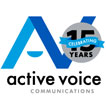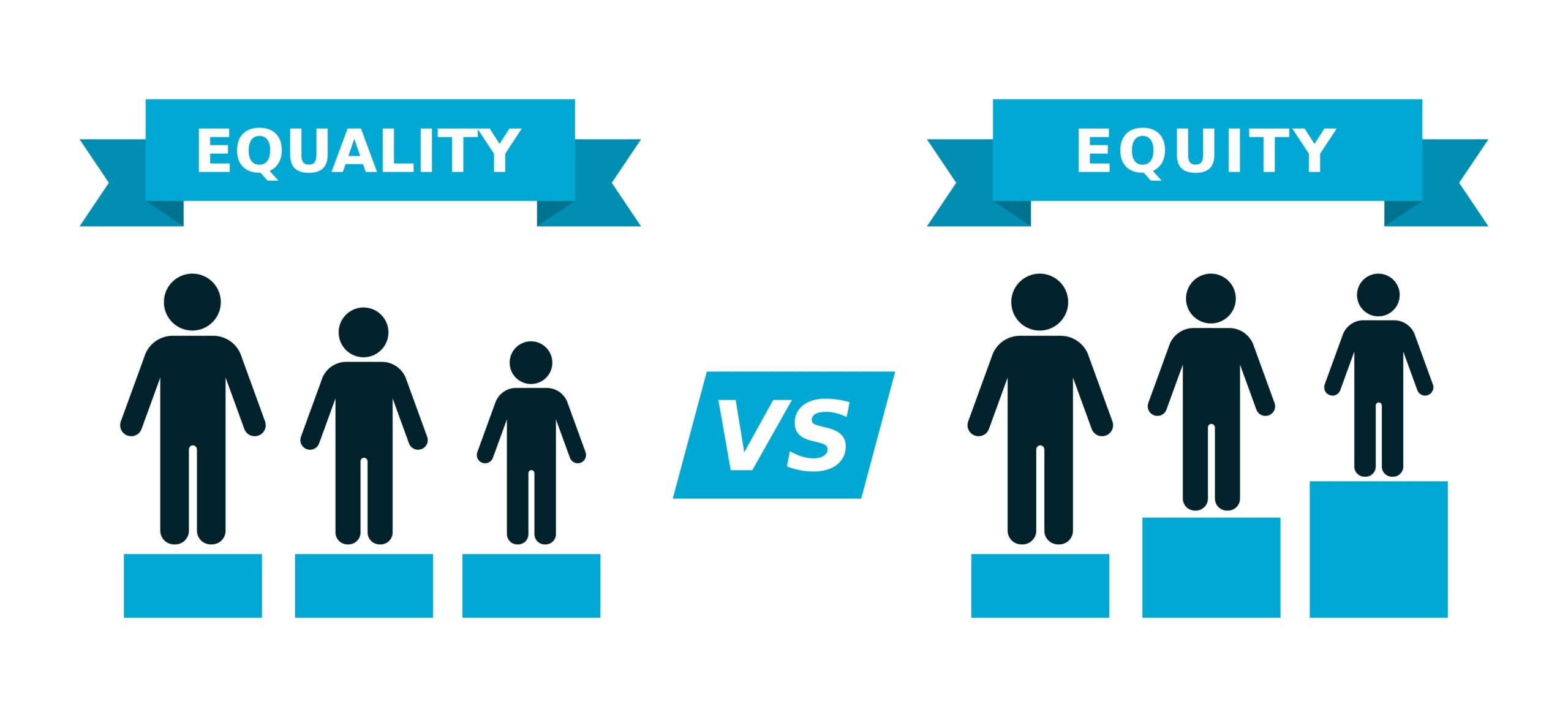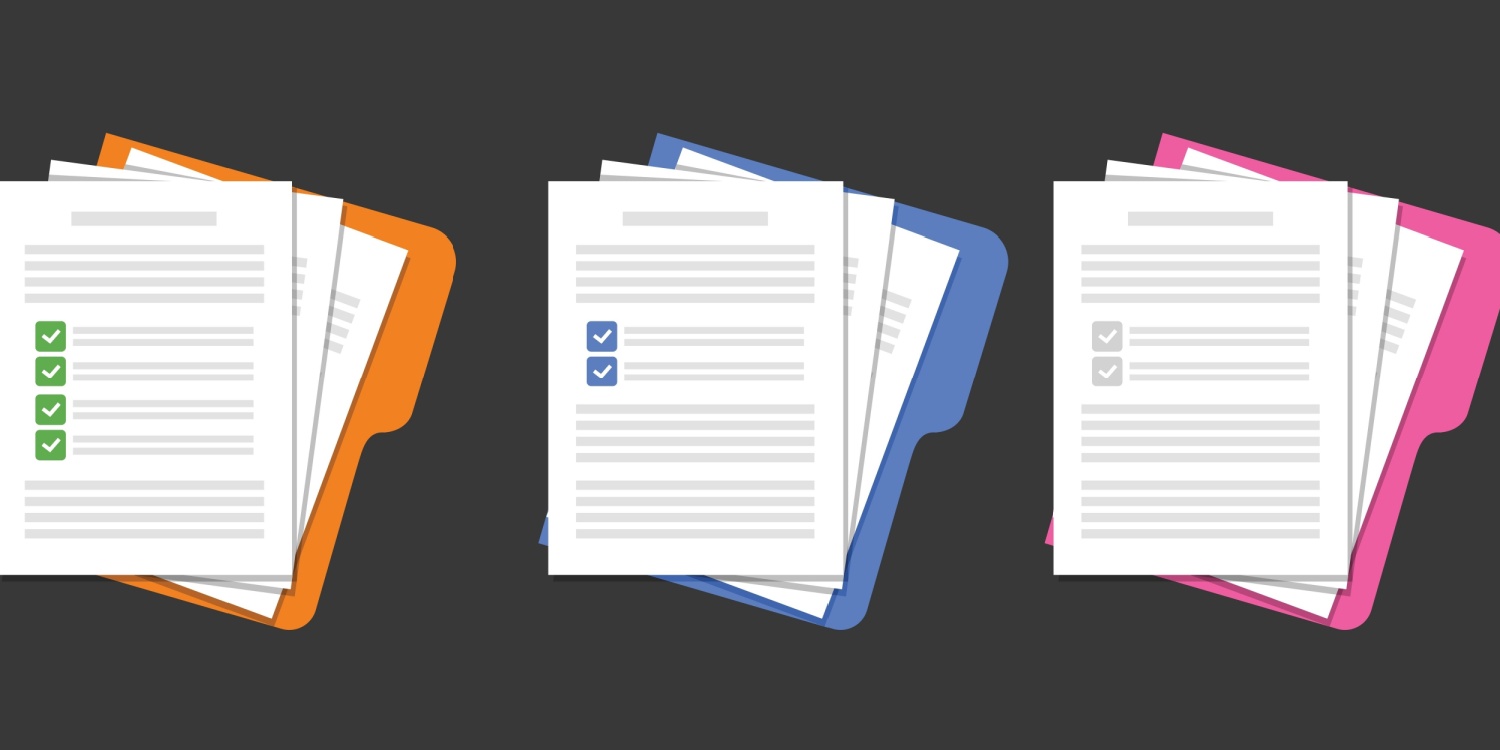Even if your copy is on message and reads well, small errors can sink you.
Every month, our team — led by proofreader Sarah Muench — shares a proofreading tip or two to help you strengthen your content, one detail at a time.
Equity and Equality: What’s the Difference?
The words equity and equality both originate from the Latin root aequus, meaning "even," "fair" or "equal." From this root, Latin gave rise to aequitas (which became equity) and aequalitas (which became equality). While the [...]
Pre-pregnancy or Prepregnancy?
Your gut might tell you to hyphenate “pre-pregnancy” or other words using the prefix “pre.” But you might be dating yourself. That’s because in recent years, the Associated Press added “pre” and “post” to the [...]
How to Stylize Bulleted Lists
We have another important entry for your company style guide: how to stylize bulleted lists. It’s worth adding this one because a lot of people go rogue. Here’s what you need to explain: Capitalization in [...]
Should I Use “Says” or “Said”?
Attribution is important in stories, and you may be confused about whether you should use “says” or “said.” You might also wonder: Does it really matter? This won’t surprise you, but at Active Voice Communications, [...]
Breath vs. Breathe
Breathe is a verb. For example: After her new asthma medications, she could breathe easier. Breath is a noun. For example: Whenever he was stressed out, he took a deep breath.
Guidance on capitalizing New Year
As you prepare your content to welcome your audiences to the new year, it's a good time to brush up on capitalization rules. Here's the general rule: Capitalize "New Year" when referring to the holiday, [...]
M.D. or MD?
Is it M.D. or MD? AP Style recommends using periods with academic degrees (e.g., M.D.). However, at AVC, we prefer the cleaner look of no periods (MD). Whatever style you choose, the key is to [...]
Percent: Embrace the Symbol
The Associated Press Stylebook now uses the % symbol when paired with a number (no space). This was a change for AP in 2019. Examples: The project was completed 75% faster. Her grade improved by [...]
Sequential Designations
We frequently see style questions about sequential designations — numerals vs. spelling out and capitalization rules. For example: Phase 1, which includes a new nurses’ station and renovations to operating rooms in the east wing, [...]
Set up, setup and set-up
Setup is a noun and adjective and set up is a verb. For example: He was set up by the mob. Her home entertainment center setup looked expensive. Do not use set-up.









